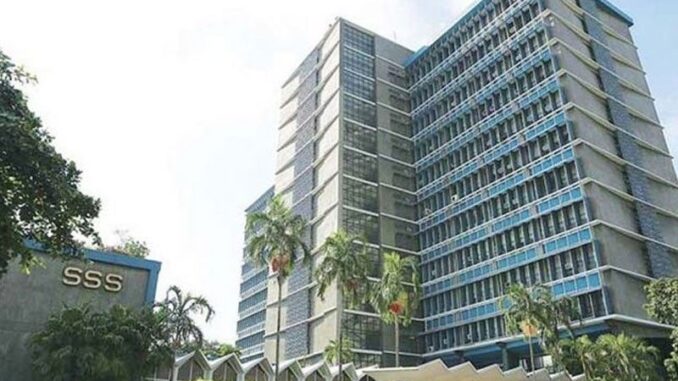
MANILA, Philippines — The recent increase in Social Security System (SSS) contributions has sparked concerns about its impact on household and business incomes, particularly for lower-income earners and micro, small, and medium enterprises (MSMEs).
John Paolo Rivera, senior research fellow at the Philippine Institute for Development Studies, said the higher employee contributions could slightly reduce disposable income, especially for those in lower-income brackets.
“While the individual share increase may seem modest, it can still affect consumption patterns, as lower-income households tend to allocate a significant portion of their income to basic necessities,” he said.
Michael Ricafort, chief economist at Rizal Commercial Banking Corp., said the poorest of the poor that have SSS contributions would feel the pinch, especially those living paycheck-to-paycheck.
“Most of their income is allocated to basic necessities such as food, transportation, utilities, rent, among others and would cause most of them to tighten their belts. They might even borrow if they do not earn enough to cover their expenses,” Ricafort said.
Starting Jan. 1, the SSS contribution rate rose to 15 percent. This will apply to all business employers and employees, household employers and workers, self-employed individuals, voluntary and non-working spouse members as well as land-based Overseas Filipino Worker (OFW) members.
“With reduced disposable income, there may be a marginal dampening effect on consumer spending, which is a key driver of the Philippine economy,” Rivera said.
“However, the overall impact might be offset by the broader benefits of financial security and enhanced retirement benefits, which could contribute to long-term economic stability.”
Rivera also said that increased contributions could translate to higher labor costs. This could present challenges for businesses already managing tight margins, particularly MSMEs.
“To manage costs, some employers might consider freezing hiring, reducing wage increases, or shifting to more contractual or freelance arrangements. Policymakers and regulators must closely monitor these trends to avoid adverse effects on employment and job quality,” Rivera said.


Be the first to comment